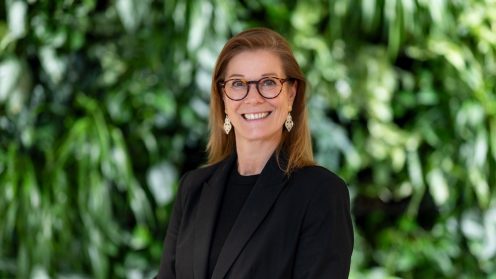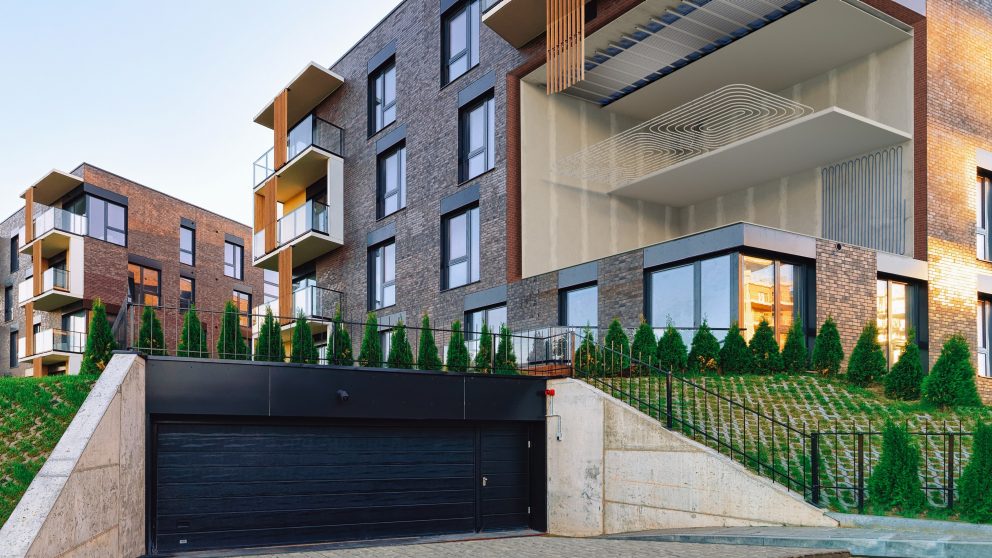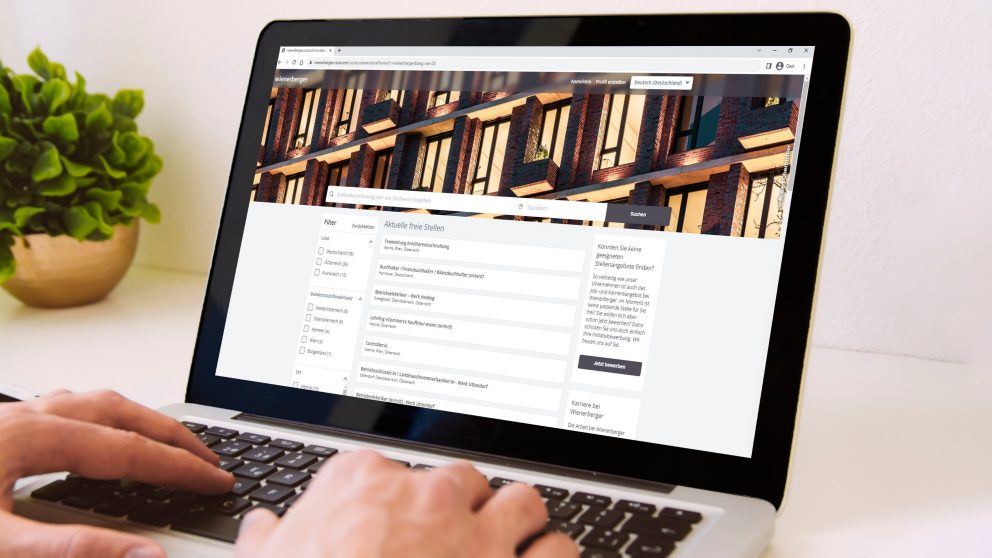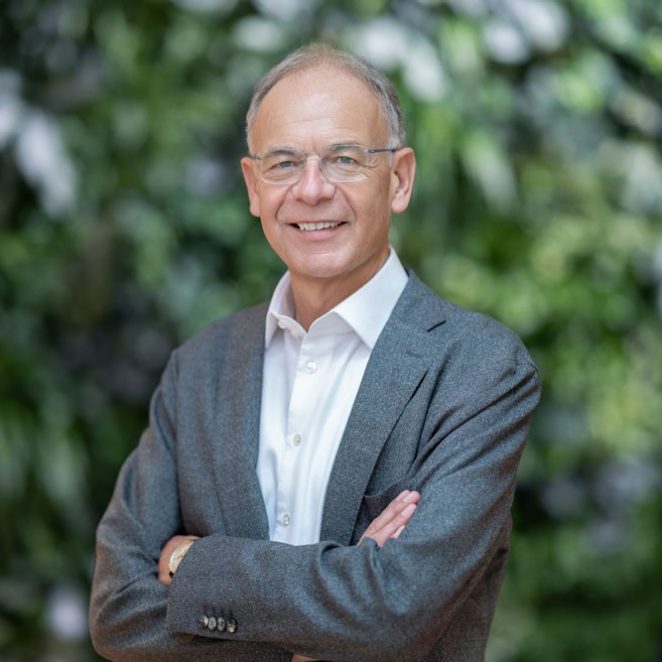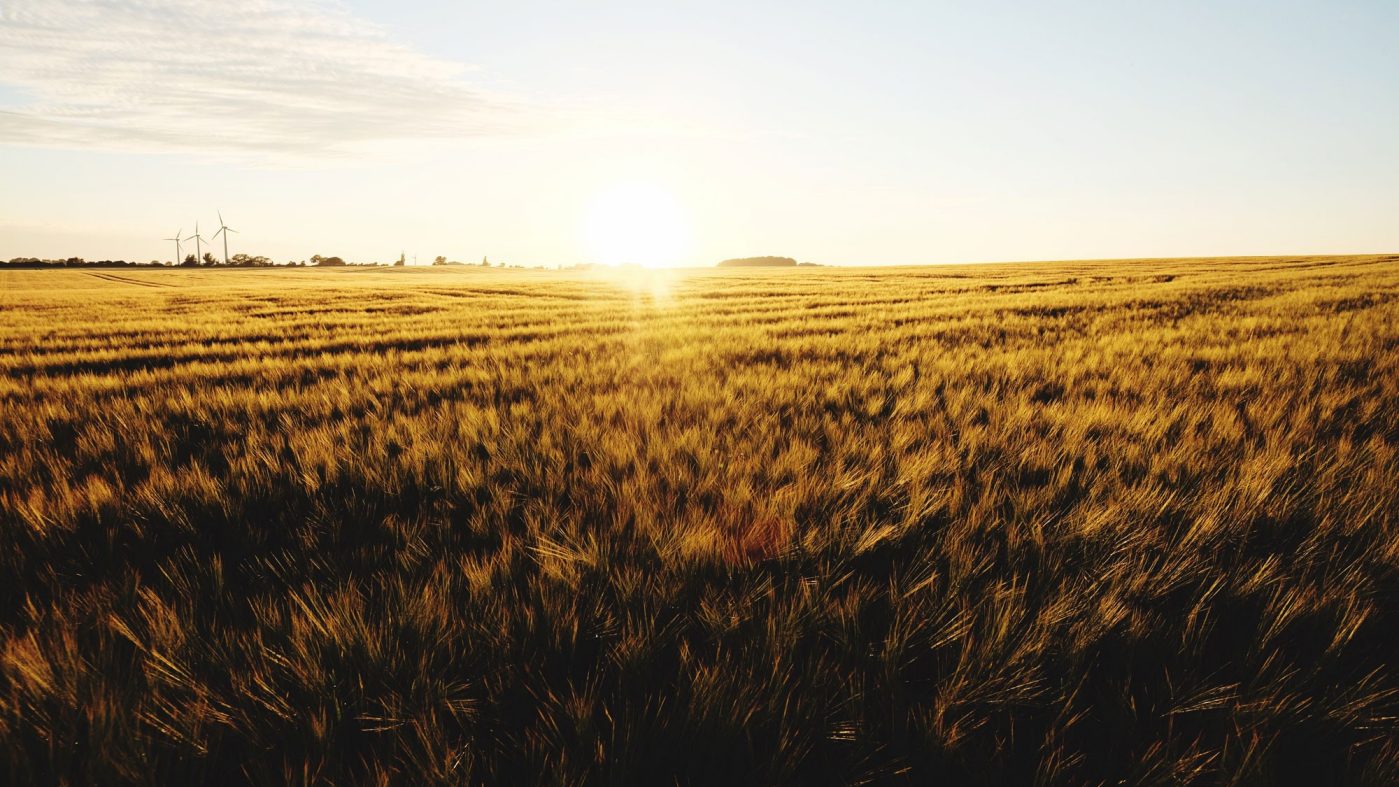 © Klaas Mueller
© Klaas Mueller
 © Klaas Mueller
© Klaas Mueller
Wienerberger Lowers sustainably CO2 Emissions with Innovative Decarbonization Measures in Denmark
- Wienerberger wants to achieve a 15% reduction in CO2 emissions by 2023
- Brick production in Denmark to slash carbon footprint by 35% by 2022
- New facing brick series achieves 10% raw material savings
Vienna – Wienerberger is pursuing ambitious goals as part of its Sustainability Program. In support of the European Green Deal, Wienerberger is determined to become climate-neutral by 2050 by decarbonizing its production processes, offering an innovative product portfolio and adopting new technologies. As a first step, the company will reduce its carbon emissions by 15% by 2023. From 2022 onward, up to 50% of the energy used by Wienerberger for brick production in Denmark will be sustainable biogas, a fossil-free and CO2-neutral energy source supplied by a Danish biogas producer. This measure complements several other initiatives to slash carbon emissions from brick production in Denmark by 80% by 2030.
As a global innovation leader, we are well aware of our social and environmental responsibility and go to great lengths to ensure that our business decisions are consistent with our sustainability goals. At the same time, we are utterly committed to continuing Wienerberger’s value-enhancing growth strategy in years to come and to this end are focusing on innovative products and forward-looking solutions that will drive decarbonization and promote biodiversity. This is how we are responding to environmental, economic and societal demands, while supporting the European Green Deal 2050 for a better future.
LESS - A Brick with Sustainable Benefits
With the new facing brick series, it has been possible to develop a brick with less raw material and the same properties as before. These developments and the switch to biogas, will slash carbon emissions from production in Denmark by up to 80% in the future compared to conventional production. In addition, as LESS bricks weighs roughly 10% less than conventional bricks, they are easier to handle but have the same compressive strength as their predecessors. It also means they can be used for the same types of construction as conventional bricks.
In the course of our sustainability measures, we decided to replace 50% of our natural gas consumption in Denmark with biogas as a first step to reduce our carbon emissions. We are convinced that demand for locally and environmentally friendly produced products will continue to grow. With innovations we invest in sustainability and thus set new standards. Bricks are still one of the most popular building materials for facades and by switching production to biogas they are now also becoming one of the most environmentally-friendly products on the market.
Biodiversity & the Environment: Biodiversity Action Plans for all Sites
Wienerberger’s commitment is to supply top-quality products and at the same time to protect the environment to the best of our ability. The current Sustainability Program outlines measures to preserve biodiversity in order to minimize the environmental impact of raw material extraction and production. Wienerberger is committed to protecting the environment worldwide and has already drawn up biodiversity action plans for all its sites (including more than 200 production sites). These plans include measures to recultivate and rewild depleted clay extraction sites or to make them available for appropriate subsequent use.
The Wienerberger Sustainability Program 2023 provides a comprehensive description of the Sustainability Strategy, the progress made and areas in which potential for improvement has been identified. The program is available for download under Sustainability at Wienerberger.
Press Kit
Contact
